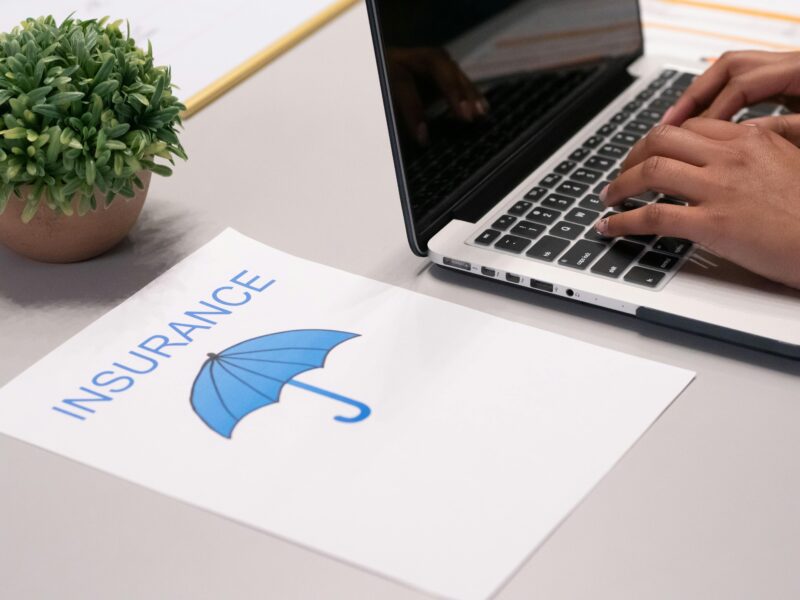Inflation is a term that everyone is hearing more often, but what does it really mean for your finances? Simply put, inflation is the rate at which the general price of goods and services rises, leading to a decrease in purchasing power. While a little inflation is normal, when it rises too quickly, it can have a big impact on your personal finances.
1. Higher Cost of Living
One of the most noticeable effects of inflation is the rising cost of living. Everyday expenses like food, gas, and utilities can become more expensive. This means you might need to spend more to maintain your current lifestyle, which can hurt your budget.
2. Erosion of Savings
If your savings are sitting in a regular savings account earning low interest, inflation can erode their value. For example, if inflation is at 3% and your savings account is only earning 1%, you’re actually losing money over time. To protect your savings, consider investing in assets like stocks, bonds, or real estate that typically outpace inflation.
3. Rising Interest Rates
To combat inflation, central banks may raise interest rates. This can make borrowing more expensive, whether you’re taking out a mortgage, car loan, or credit card debt. It’s important to review your debt and consider locking in lower interest rates if possible before they rise even further.
4. Impact on Retirement Plans
Inflation can also affect your retirement plans. As prices rise, the amount you need to save for retirement may also increase. It’s essential to account for inflation when planning for retirement by adjusting your savings goals and investing in inflation-protected assets like Treasury Inflation-Protected Securities (TIPS).
5. Ways to Protect Your Finances
There are several ways to protect your personal finances from the effects of inflation:
- Invest in Stocks: Historically, stocks tend to outperform inflation over time.
- Diversify Your Investments: Real estate and commodities like gold can be good hedges against inflation.
- Cut Unnecessary Spending: Review your budget regularly and cut out unnecessary expenses to reduce the impact of rising prices.
Inflation can be a challenge for your personal finances, but by understanding its effects and taking proactive steps, you can minimize its impact. Make sure to regularly review your budget, invest wisely, and plan for the future to keep your finances on track despite rising prices.


